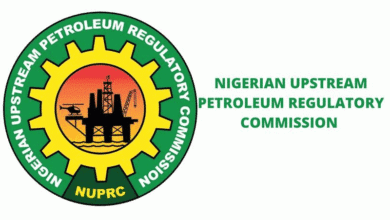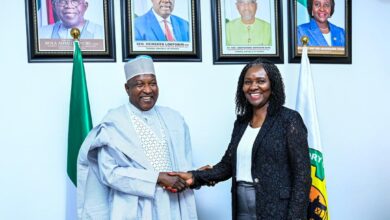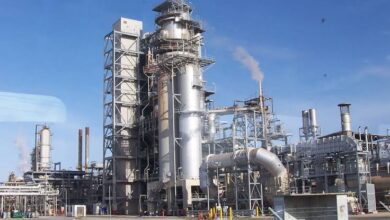
The Nigerian Midstream and Downstream Petroleum Regulatory Authority (NMDPRA) and the National Judicial Institute (NJI) are collaborating to iron out grey areas in the implementation of the Petroleum Industry Act (PIA).
At a petroleum industry seminar for judges, the Authority Chief Executive, Engr. Farouk Ahmed, stressed the need for the judiciary, as the constituent arms of government, to have the same understanding of the intendments, implications, and operations of the law to ensure effective execution and avoid unnecessary deviations.
He explained that the agenda of the seminar was carefully drafted to enable the stakeholders to discuss at length the main segments of the PIA that require the attention of the legislature, especially as they relate to the midstream and downstream sectors of the petroleum industry.
According to him, the specific areas that require scrutiny include the application, objectives, and functions of the institutions under the Act, such as the Minister of Petroleum Resources, the NUPRC, the NMDPRA, the NNPC Limited, the Ministry of Finance Incorporated, and the Ministry of Petroleum Incorporated.
Engr. Farouk added: “The principles guiding the management and administration of the upstream, midstream, and downstream sectors of the petroleum industry. Delineation of responsibilities and operations between upstream, midstream, and downstream sectors. The special focus on gas development in the Act including the setting up of the Midstream and Downstream Gas Infrastructure Fund (MDGIF). The powers, offences, penalties, and requirements stipulated in the Act. Sources of funding for the institutions under the Act. Measures are needed to guarantee energy security and industrial growth for the country. Technical and economic regulations of the industry. Measures for consumer protection, host community development, and protection of HSE. New fiscal provisions for the petroleum industry and the dispute resolution mechanisms in the Act.”
The NMDPRA chief noted that the implementation of the Act has been highly successful, albeit with a few contestations.
He stated, therefore, that the seminar is expected to provide an avenue to discuss the observations and pave the way for enhanced constructive collaboration between the executive and the judiciary, adding, “It is part of our strategic stakeholder engagements, which is aimed at enhancing transparency, productivity, alignment, and prevention of unnecessary and expensive disputes and litigations. We expect that questions will be raised, and relevant answers will be provided. Where necessary, further clarification will be communicated in due course. The engagements are also expected to be bi-directional. We would greatly appreciate necessary guidance from you, your lordships, so that we operate within the confines of the law and provide excellent governance for the industry.”
The NMDPRA helmsman assured his team’s unwavering commitment to the rule of law, ease of doing business, national economic growth, and stakeholder satisfaction.
He said, “We also uphold a deep-seated commitment to strategic stakeholder engagements to receive feedback on our performance and corrections where necessary.”
Engr. Farouk lauded the leadership of the Institute led by Justice Salisu Garba for living up to the national expectation of championing a judiciary that is integrity-driven with adequate measures to enhance the timely and equitable dispensation of justice in Nigeria.






